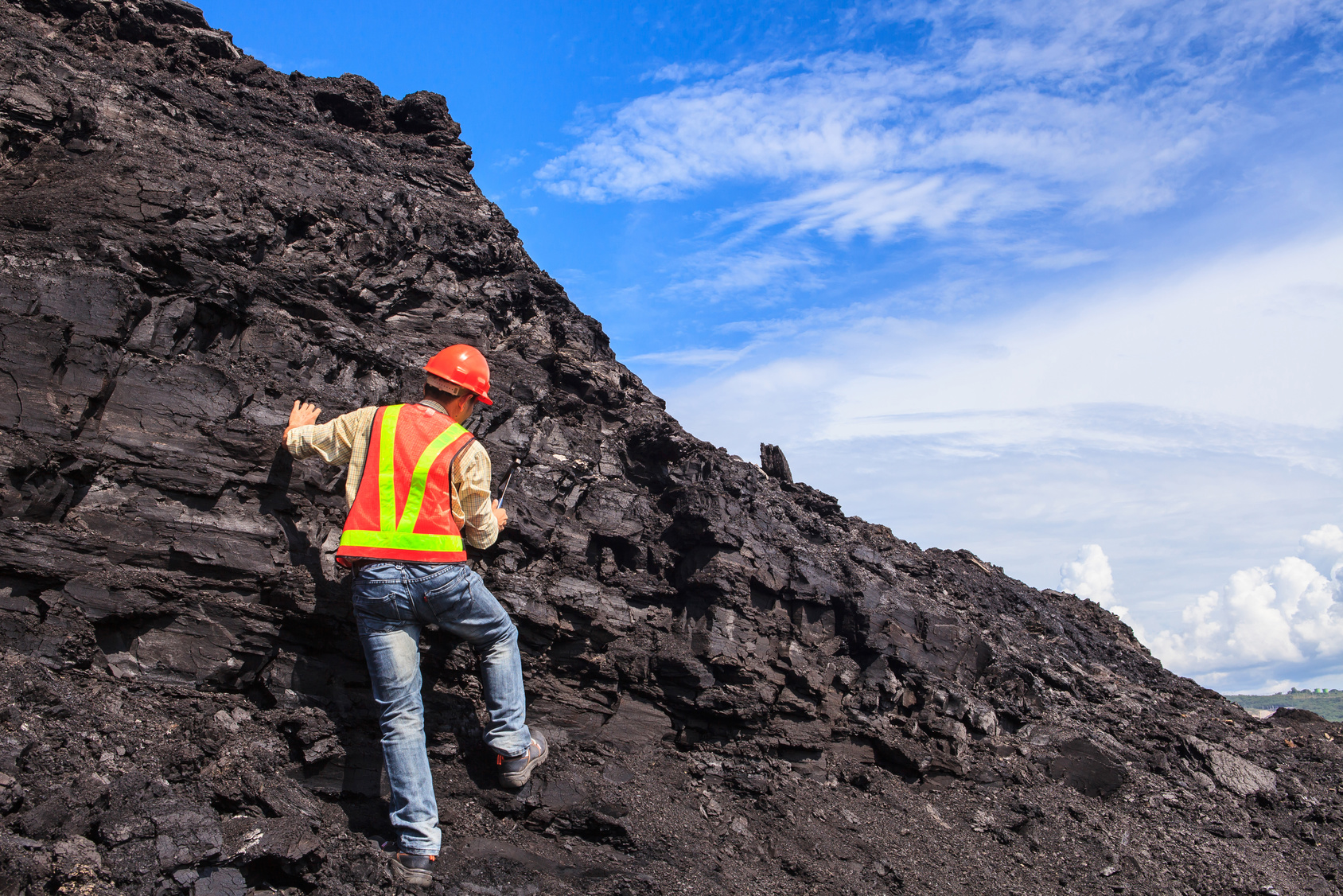Peerless Tips About How To Become A Professional Geologist

Geology is one of the core stem subjects and a bachelor's degree will be required at the very minimum for most jobs.
How to become a professional geologist. Licensure or certification by state. How to become a geologist: Anyone who studies geology is technically a geologist.
Understand the types of careers you can get with this major. The first step on the path to becoming a geologist is to complete a bachelor's degree in a science or applied science course. A geologist studies rocks, landforms, the earth's history, and plate.
A bachelor’s or advanced degree in geology or a related geological science from an accredited school. Last updated on jan 24, 2024. The commissioner of commerce, community, and economic development shall certify an applicant as a professional geologist if the.
Professional geologist licensure requirements: How to become a geologist. To become a geologist, a candidate must have a bachelor's degree in geology, earth sciences or a related scientific field.
Generally, aspiring geologists earn a bachelor's degree in geology or a related. This should not be the case in the. States that currently offer geologist licensing or recognition of professional certification.
Here are five steps on how to become a geologist: You can use journals, portfolios, or surveys. Basic prerequisites to taking the professional geologists exam.
The first step to becoming a geologist is to earn a bachelor's degree in geology or a related field such as earth science, environmental science, or. How do you become a geologist? Tips for the exam and how certification will help your career.
Geologists are skilled professionals who study the earth: You must successfully complete at least 30 semester hours, or 45 quarter. The need to be licensed.
Professional members must have a bachelor’s degree or higher in the geological sciences with at least 30 semester hours or 45 quarter hours of geology/geological sciences. Learn how to become a professional geologist, what skills you need to succeed, how to advance your career and get promoted, and what levels of pay to expect at each step on. Geology is a vast field that includes a far more comprehensive range of positions than you might anticipate.
5 reflect and improve. To become a geologist, it is quite straightforward. Graduate from an accredited university with a degree in geology or other related field.





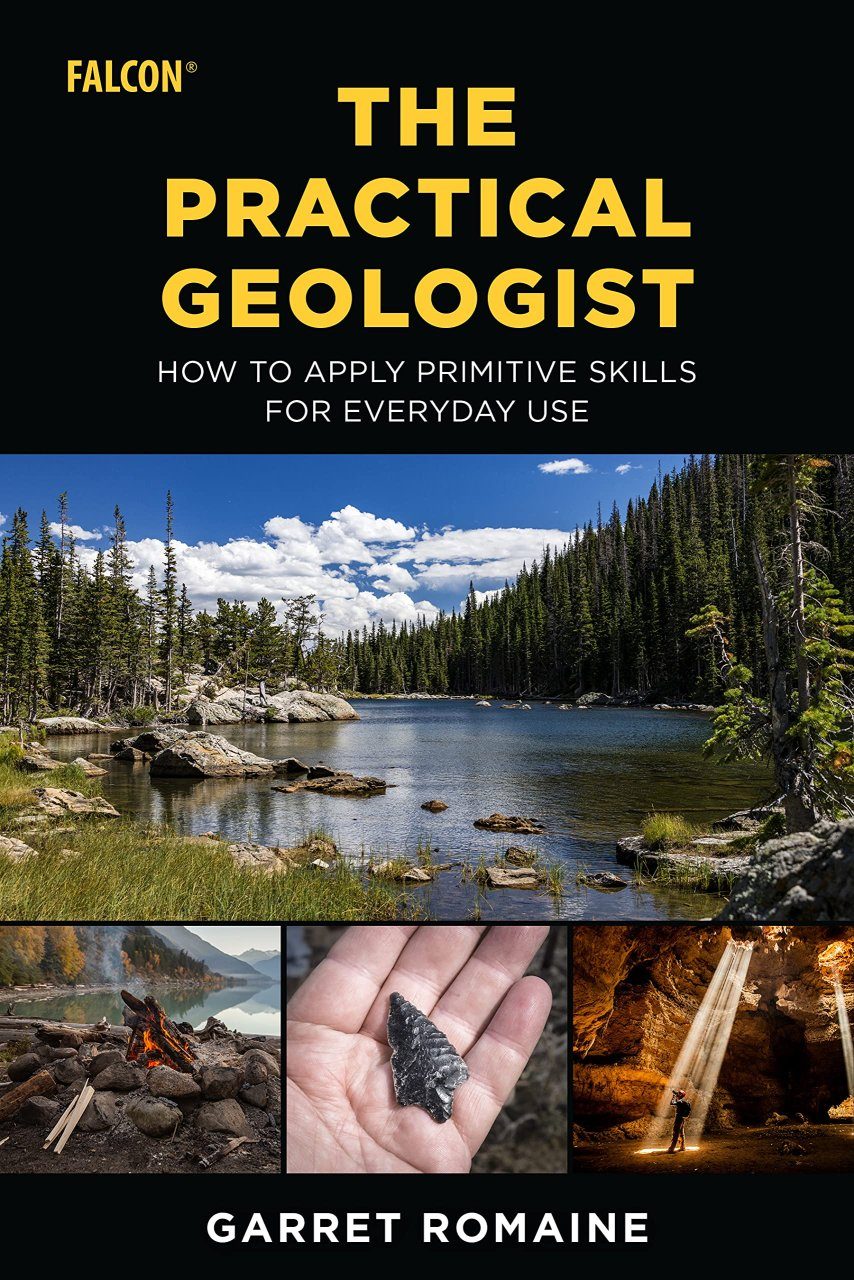
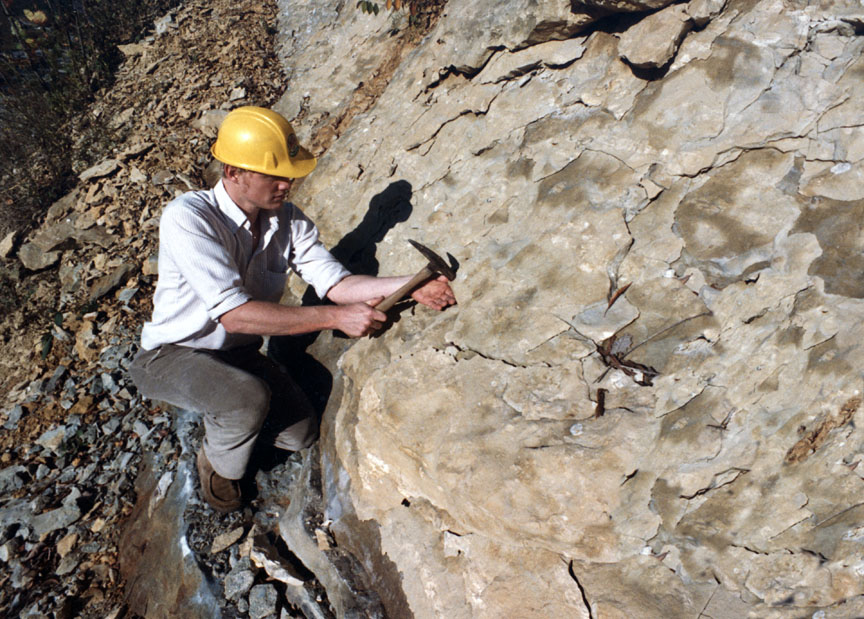



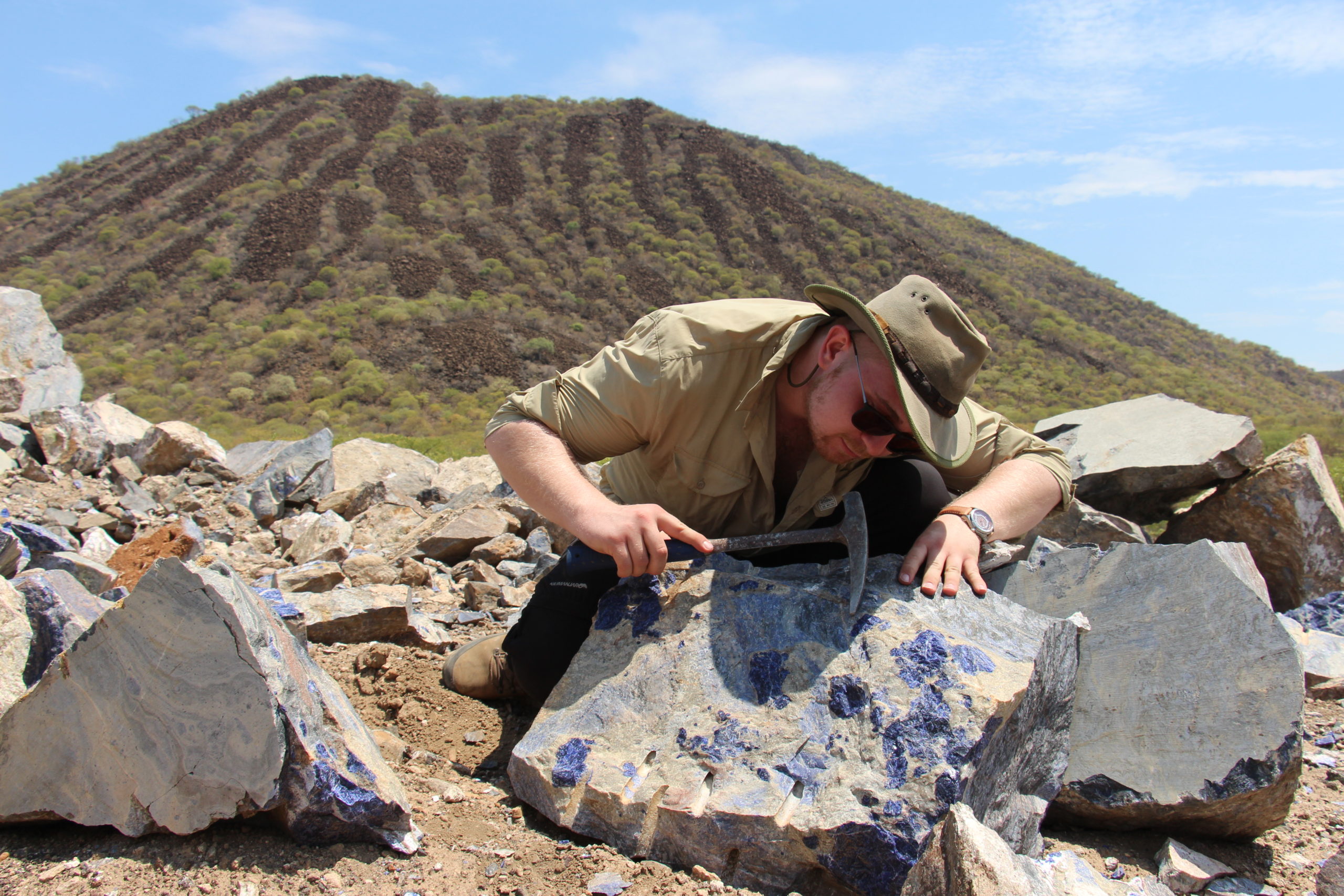


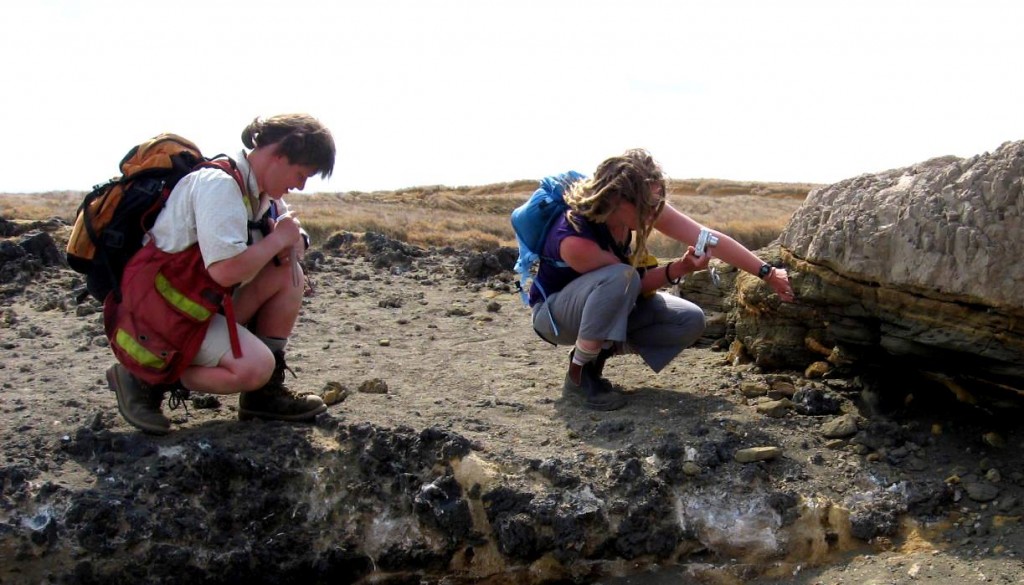
![Geologist Resume Samples & Templates [PDF+DOC] 2024 Geologist Resumes Bot](https://resumesbot.com/wp-content/uploads/geologist-resume-example.jpg)

